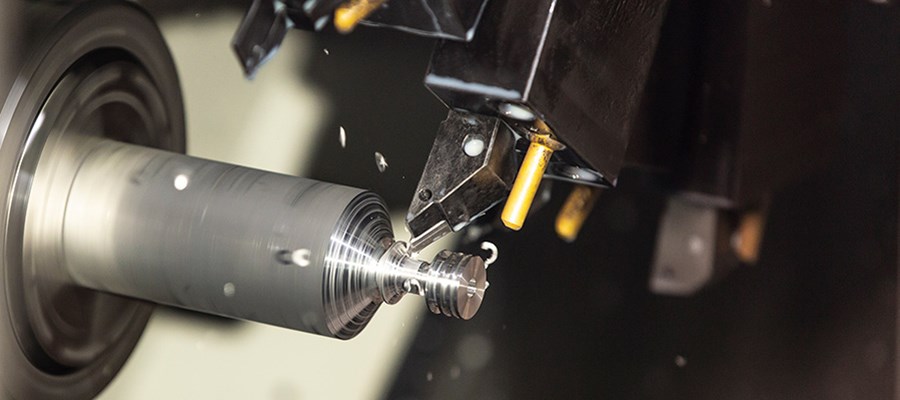
At the same time, Airbus does have a lot of inventory. In other words, even if Russia actively embargoes, it will not affect the production of Airbus aircraft for a period of time. Especially given the backdrop of a drop in aircraft production and aircraft demand due to the Covid-19 pandemic. And, it started to decline even before the pandemic.
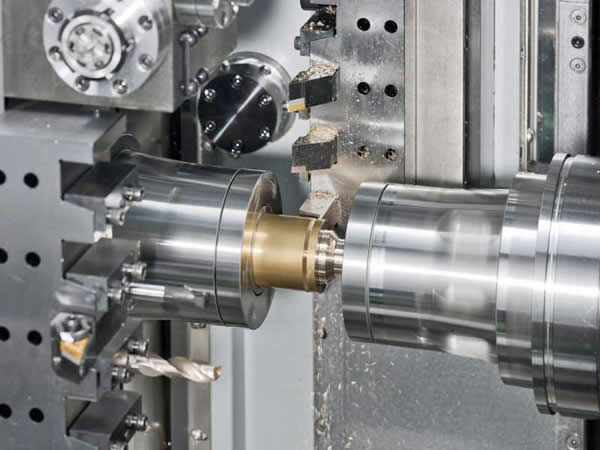
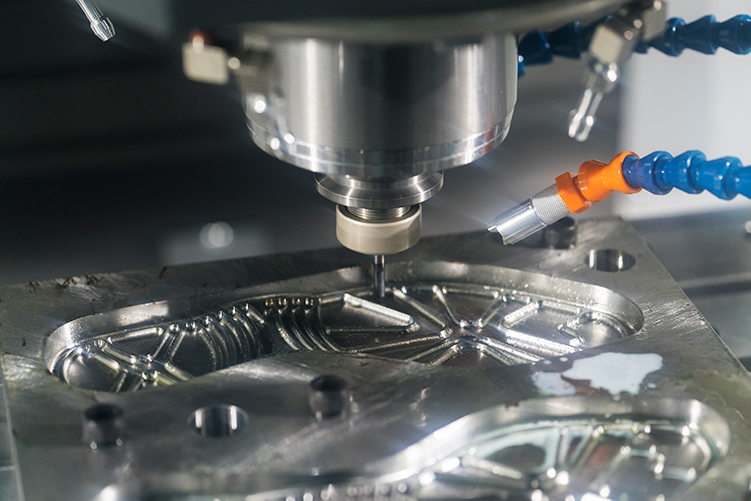
Roman Gusarov said: “In a short period of time, the reserves of titanium are sufficient to meet their needs because they have reduced production plans. But what is the next step? Airbus and Boeing, the world’s two largest manufacturers, have half of their titanium by Russia provides. There is simply no alternative for such a large volume. It takes a lot of time to restructure the supply chain.”
But if Russia categorically refuses to export titanium, it will be even more devastating for Russia. Of course, this approach can create some local difficulties in the aviation industry. But in a few years, the world will organize new supply chains and invest in other countries, then Russia will withdraw from this cooperation forever and never come back. Although Boeing recently stated that they have found alternative titanium suppliers represented by Japan and Kazakhstan.
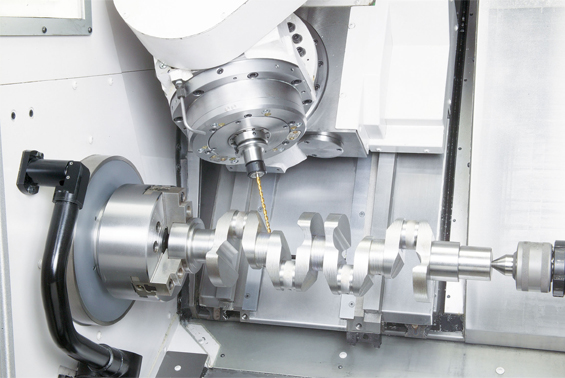
It's just that this report is talking about sponge titanium, sorry, it's just a bonanza from which the titanium has to be separated and then used to make titanium products. Where Boeing will do all of this remains a question, as the entire titanium machining technology chain is international. Even Russia is not a full titanium producer. The ore can be mined somewhere in Africa or Latin America. This is a rigorous industry chain, so creating it from scratch requires a lot of money.
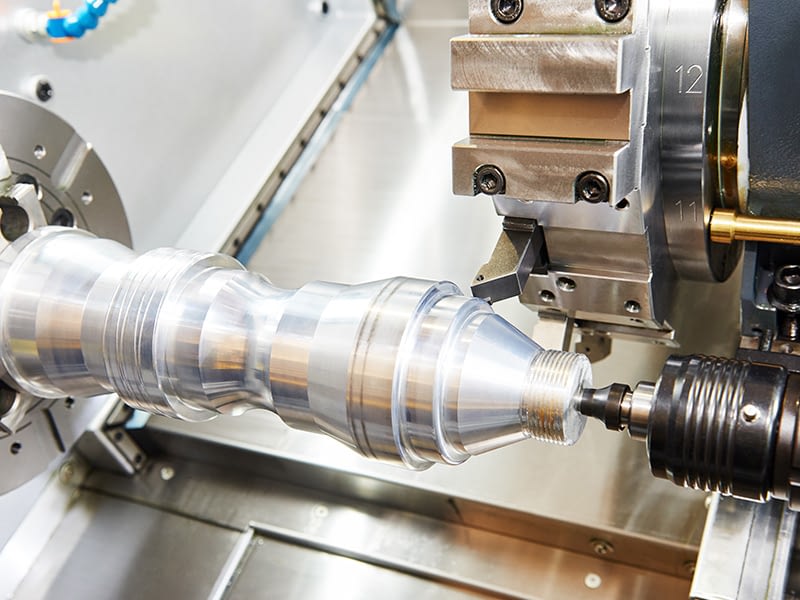

The European aviation maker also plans to ramp up production of its A320 jet, the 737's main competitor and which has taken a lot of Boeing's market in recent years. At the end of March, it was reported that Airbus had started looking for alternative sources to obtain Russian titanium in case Russia stopped supplying. But apparently, Airbus is finding it difficult to find a replacement. It should also not be forgotten that Airbus previously joined EU sanctions against Russia, which included a ban on Russian airlines from exporting aircraft, supplying spare parts, repairing and maintaining passenger aircraft. Therefore, in this case, Russia is very likely to impose an embargo on Airbus.
From the situation of titanium in Russia, we can also compare resources such as rare earths in my country. Decisions are tough and injuries are comprehensive, but which is more devastating short-term damage or long-term or even permanent damage?
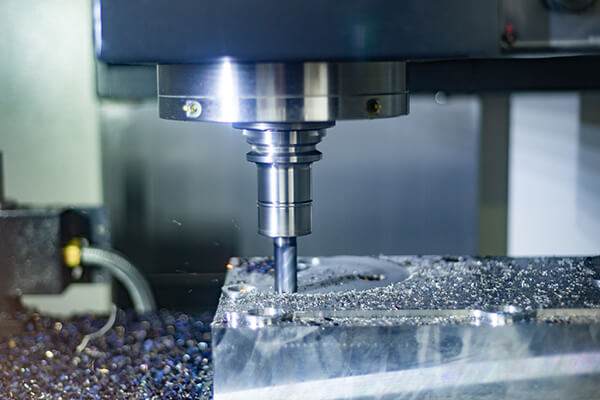
Post time: May-09-2022
